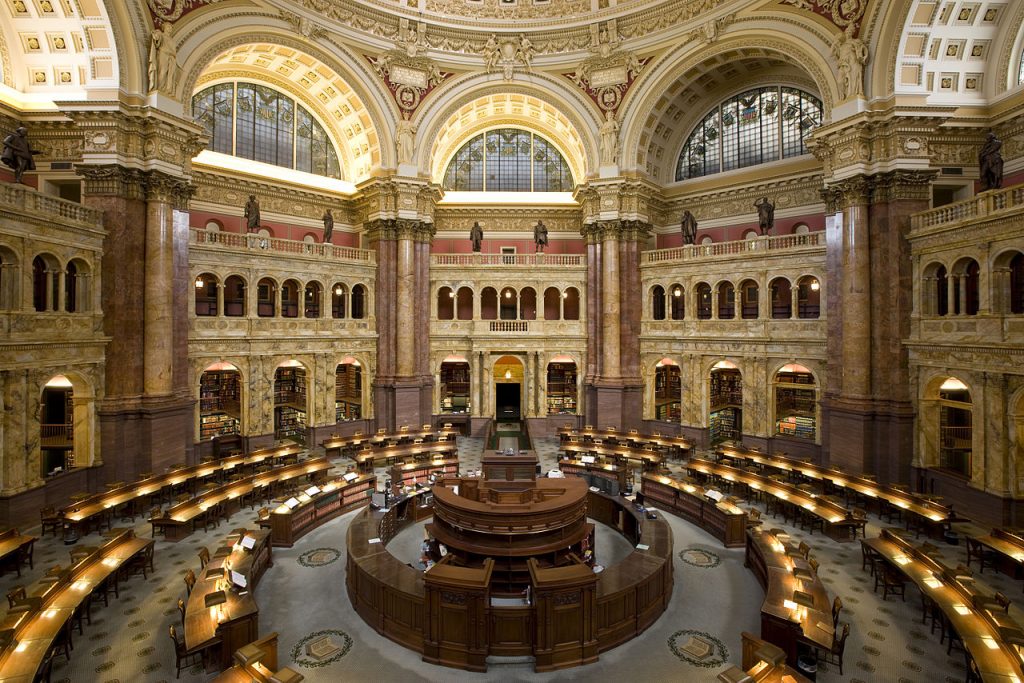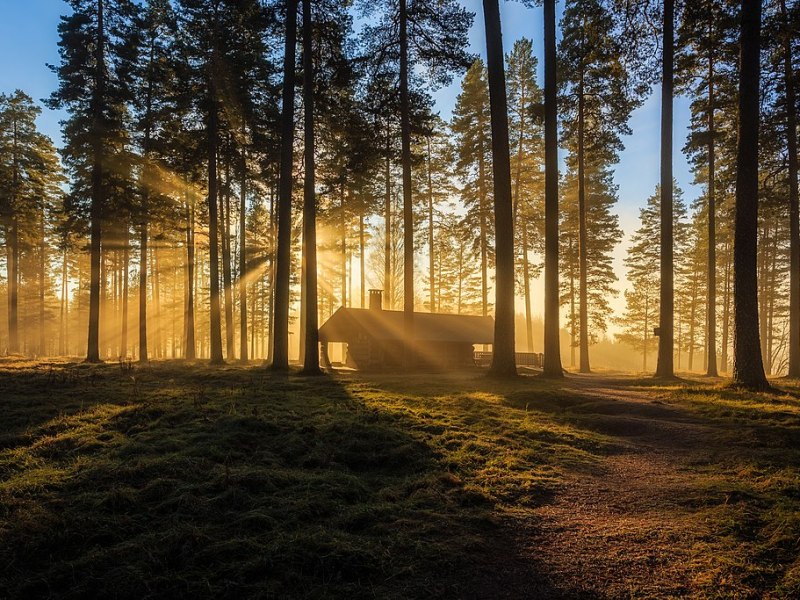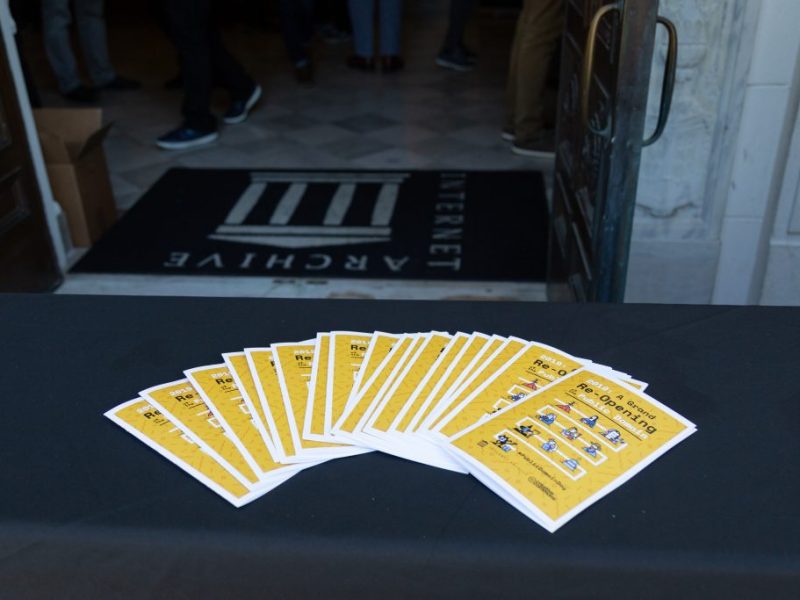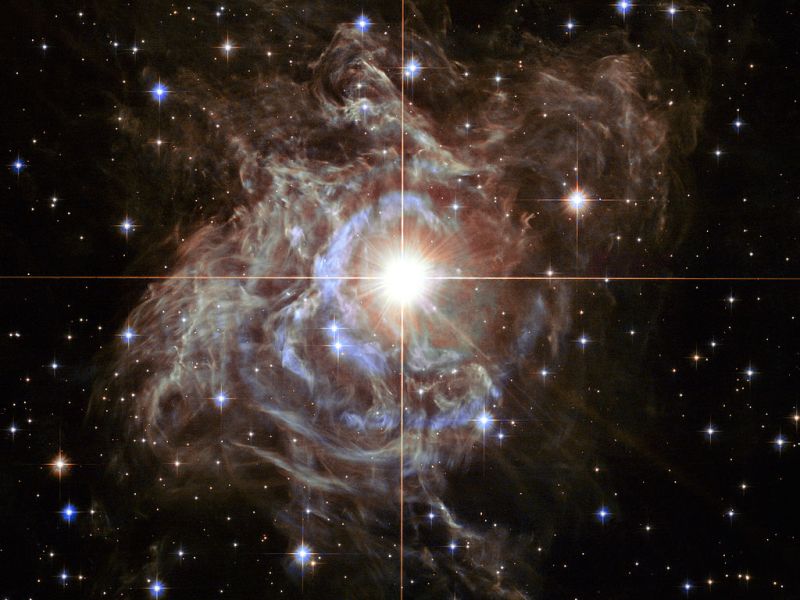The Wikimedia Foundation, in coordination with Creative Commons and the Internet Archive, urges the U.S. Copyright Office not to propose a pilot program that inhibits fair use or undermines freely accessible mass digitization projects. The program aims to make copyright policy less of a burden on institutions that make digital versions of their collections available. While this is an admirable goal, we feel that the Copyright Office’s pilot program is limited, and will unnecessarily restrict access to digitized collections.
We have submitted comments to the Copyright Office today criticizing the Office’s proposed mass digitization pilot program. Creative Commons and the Internet Archive also submitted their own comments today.
The Copyright Office’s program would allow institutions to licence their entire digital collections without having to secure an individual copyright license for each work in the collection. The program is based on a system of extended collective licensing (ECL), similar to existing ECL systems in Europe.
We feel that the Copyright Office’s conception of mass digitization is misguided. The program is based on the model of Google Books, where one institution does all of the digitizing. However, the framework does not allow for decentralized mass digitization projects like Wikisource and Wikimedia Commons that have individual contributors all over the world. The program also applies only to books (“literary works”) and photographs, excluding sound and video recordings. The Wikimedia projects are examples of the future of mass digitization, but the Copyright Office’s program is not designed to facilitate projects like them.
The Copyright Office is also considering additional limitations in the pilot program that would severely restrict access to digitized collections. In its request for comments, the Copyright Office indicated that access to the collections may be limited to users affiliated with the digitizing institutions, and possibly only to users using on-site terminals. For example, a user may only be able to view the content in the collection if they were using a computer at the digitizing institution, such as a library. In addition, the pilot program will likely require digital collections to have “security measures” (also known as digital rights management, or DRM) that would make it difficult or impossible for users to make authorized uses of works, including downloading and remixing content in the collections. Because the Wikimedia movement believes everyone should have unlimited access to the sum of all knowledge, we oppose all of these restrictions in our comments. We are particularly concerned with the possibility that these restrictions would apply to public domain or freely licensed works in digital collections, and not just non-free copyrighted works.
Though the program will not directly apply to the Wikimedia projects, we fear that it will have unintended consequences for projects that, like the Wikimedia projects, provide open access to their collections and have a decentralized group of contributors.
The submission of these comments is part of the Wikimedia Foundation’s ongoing public policy efforts. You can learn more about those efforts at Wikimedia’s public policy site, which we launched last month.
Charles M. Roslof, Intellectual Property & Internet Law Fellow
Yana Welinder, Legal Director





